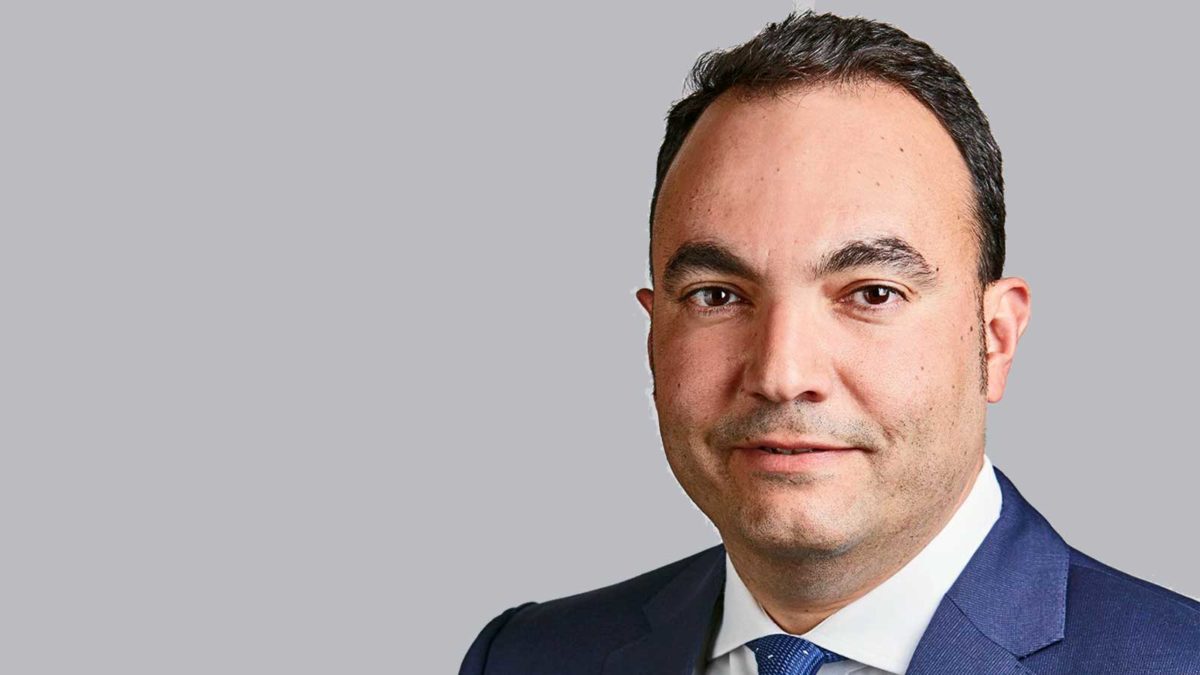Global funds double domestic exposures in pandemic
Big sovereign and public sector funds globally have skewed their investments to their domestic markets since the outbreak of covid-19, according to a report by Global SWF.
However, the two Australasian sovereign funds, Future Fund and New Zealand Superannuation Fund, have stayed the course with their investment strategies, according to spokespeople for those organisations.
The August newsletter of Global SWF, a privately owned research and marketing advice firm in the US and Europe, reports on an examination of the investments of the funds compared with pre-covid geographical spreads and found that, on average, domestic investments jumped from 22 per cent to 41 per cent by value since the pandemic.
The researchers studied only those funds which were not restricted in their investment strategies to either domestic only or foreign only, which are common constraints on government-controlled funds.
Neither the Future Fund nor NZ Super are restricted by geography or asset class. The Future Fund, however, is restricted to using external fund managers, rather than also having inhouse teams as big APRA-regulated funds have.
Spokespeople for the two funds said last week (August 2) that the Future Fund had retained 20-25 per cent domestic exposure, as per recent years, and NZ Super had kept its domestic exposure to around the 15 per cent mark.
The Future Fund said its asset allocation and currency exposures were driven purely by investment decisions in pursuit of the fund’s risk-adjusted return target. NZ Super said that the nominal exposure (to domestic) would have increased (in the past two years) but, given the fund’s weighting to international equities, the percentage would decrease over time.
While the Global SWF report does not specify individual funds’ domestic-versus-foreign weightings, it excludes several big sovereign funds in the region from the analysis. Of the Singapore funds, GIC can only invest offshore, for instance, but Temasek can invest in both. Korea’s KIC can invest only offshore, as with China’s US$1.5 trillion China-Africa Development Fund, but China’s three other big state-owned funds – CIC, SAFE and NSSF – are all unrestricted.
Global SWF, founded by Diego López, the managing director, in 2018, says that funds such as Kuwait’s KIA, Nigeria’s NSIA and Malaysia’s Khazanah have been asked broth for capital and have been invited to invest in national companies.
Others, like the stabilisation funds or central banks’ sub-accounts, are accountable via dividends but are not asked for investments.
“A third sub-group of funds, led by Australia’s Future Fund, Saudi Arabia’s PIF and UAE’s Mubadala, have significant domestic portfolios but are not normally asked for dividends (even if technically they could),” the report says.
“Global SWF has analysed the investment activity of the mixed-mandate funds both pre-covid (January 2017 to March 2021) and from the outbreak of the pandemic (since March 2021). The results are extraordinary: funds are investing almost double as much (41 per cent versus 22 per cent) at home as they used to before the crisis, in terms of value.
“Part of this effort has been dedicated to airlines, including Qatar Airways (QIA), Aeroflot (NWF) and Malaysian Airlines (Khazanah). Kuwait decided to sell its last performing assets to its sovereign wealth fund to help bridge its yawning budget deficit. And Saudi Arabia’s PIF continued to be a significant domestic player with investments like ACWA and the Red Sea Terminal.
“High levels of activity in domestic economies are likely to continue. However, we expect to see funds moving from ‘imposed investments’ into ‘opportunistic deals’ as economies recover to normal levels at the end of 2021 and 2022. Only those funds allowed to invest everywhere will be able to assess prospects on the same scale and to cherry pick the bargains.”











